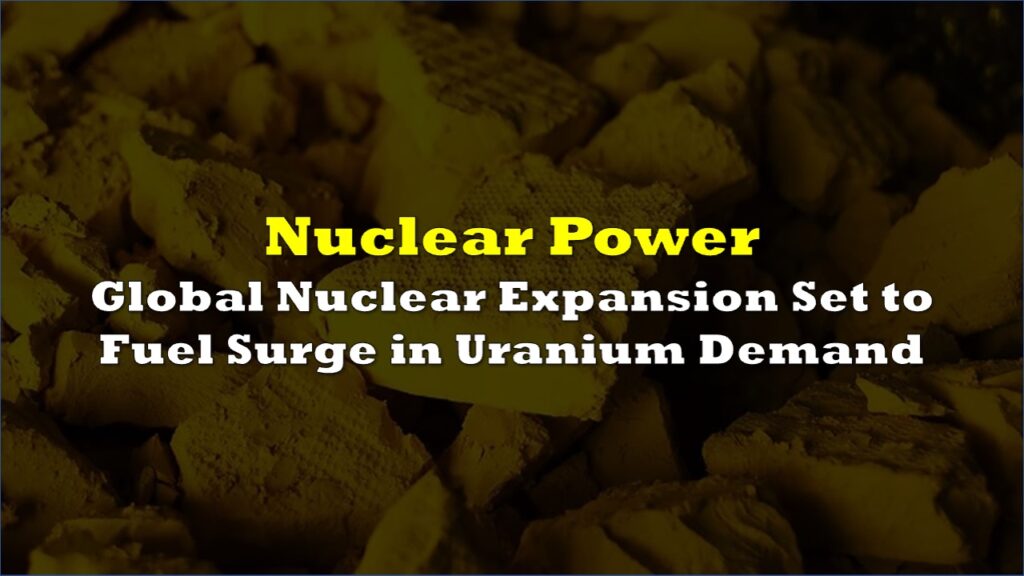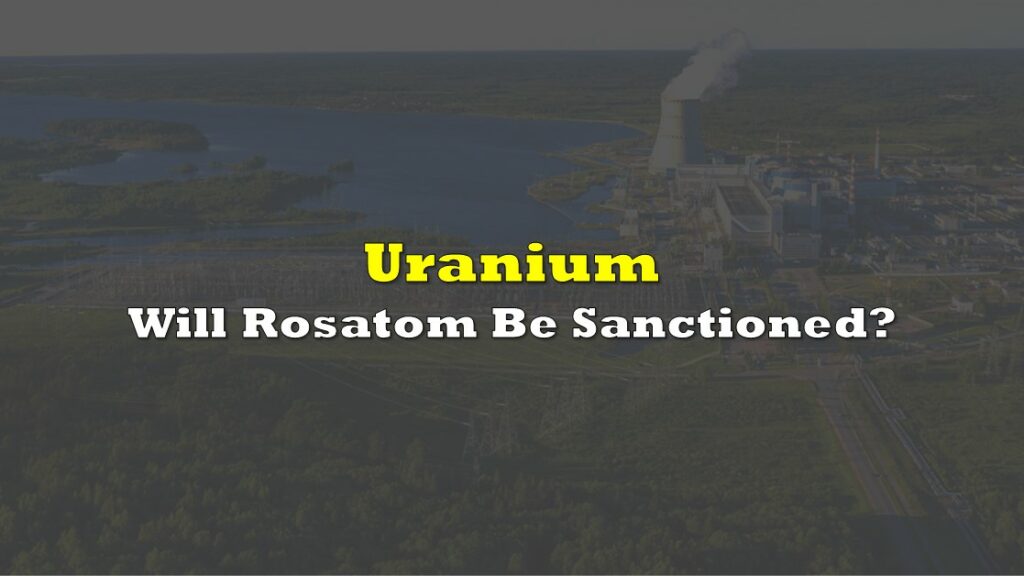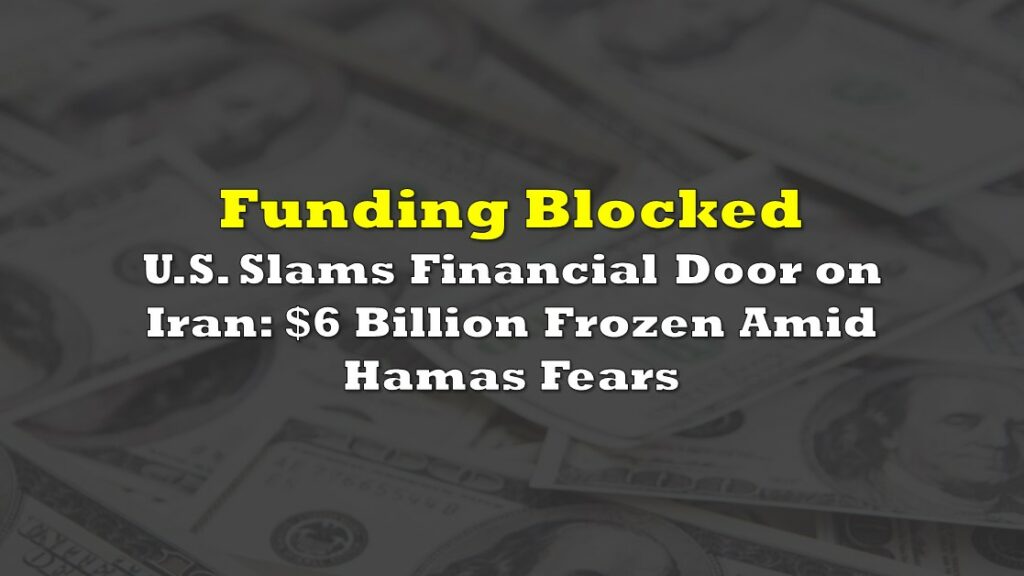Iran has indicated it may stop producing highly enriched uranium in exchange for avoiding formal condemnation over its years of blocking United Nations nuclear inspectors. According to a new IAEA report, Iranian officials raised this possibility during meetings in Tehran on November 14.
The UN nuclear monitoring agency verified on November 16 that Iran has begun implementing preparatory measures to stop increasing its stockpile of uranium enriched to 60 percent purity at its major enrichment facilities. This level of enrichment is close to weapons-grade material, which typically requires 90 percent purity.
BREAKING: Iran Agrees to Stop Producing Near Bomb-Grade Uranium, according to a report by the @iaeaorg #OOTT
— Javier Blas (@JavierBlas) November 19, 2024
The timing coincides with an IAEA board meeting scheduled from Wednesday to Friday, where member states will vote on a resolution regarding Iran’s lack of cooperation with UN inspectors. If passed, the resolution could lead to potential UN Security Council actions against Iran.
However, experts remain skeptical about the significance of this move. David Albright, president of the Institute for Science and International Security, warned that “an enrichment cap would be meaningless because Iran could restart production at a moment’s notice.” He noted that Iran already possesses enough material to produce fuel for four to five nuclear weapons.
The IAEA reports that Iran added 35 pounds to its 60 percent enriched uranium stockpile during the last reporting period, representing about 10 percent of its total production since early 2021. Critically, inspectors have lost “continuity of knowledge” over key parts of the country’s nuclear work, and the agency can no longer guarantee that nuclear fuel hasn’t been diverted to hidden facilities.
The development follows recent meetings between IAEA Director General Rafael Grossi and Iranian leadership. In state media, Iranian President Masoud Pezeshkian expressed a desire to resolve “ambiguities and alleged doubts” about Iran’s nuclear activities.
Iran has become increasingly involved in regional tensions, with direct exchanges with Israel this year and support for militant groups in Lebanon and Gaza.
Information for this story was found via The New York Times, Bloomberg, and the sources and companies mentioned. The author has no securities or affiliations related to the organizations discussed. Not a recommendation to buy or sell. Always do additional research and consult a professional before purchasing a security. The author holds no licenses.









